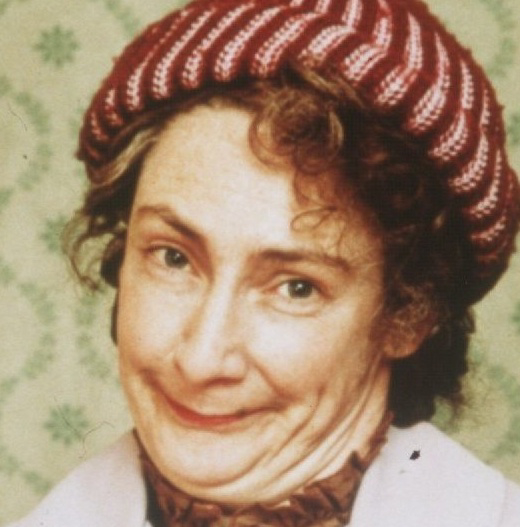Throughout my life, I’ve always heard people refer to the early 21st century years as “two thousand and X”. For example, they pronounced 2001 as “two thousand and one”. In my experience, during the mid-2010s there seemed to be a shift in the way people said it, and the first time I heard someone say it differently was in 2016, where they pronounced it as “twenty sixteen”.
Most people I’ve heard pronounced the late-2010s years as “two thousand and X”, although the pronunciation “twenty X” had started to catch on fast. By the year 2020, almost nobody used the “two thousand and X” pronunciation, except for very old people I knew. For example, most people would pronounce 2024 as “twenty twenty-four” and not “two thousand and twenty-four”.
My question is: what year is the cutoff date for pronouncing the early 21st century years as “two thousand and X?” I’ve always heard people say it that way prior to 2016, I’ve never heard someone pronounce, say, 2007 as “twenty oh seven”.
I hope I was able to properly articulate what I’m trying to say.
Where my twelvethousandtwentyfive people at?! We don’t care about the Jesus, Neolithic Revolution all the way!
I always say
“two thousand”
“Oh one, oh two, oh three…”
“Twenty ten, twenty eleven…”For me it was
2000: Two thousand
2001: Two thousand one (or less formally “oh one”)
2009: Two thousand nine (“oh nine”)
2010: Twenty ten
And from there on. I think this is because of the amount of syllables. That’s why we switch to “twenty” instead of “two thousand”.
I personally say “o one” “o two” etc. all the way up to “o nine” After that it just seems weird to say “ten” or “eleven” instead of “twenty ten”
Even referring to 1910 as “ten” seems weird and wrong, though. In my mind, it doesn’t make sense to leave the nineteen off until the 40s. For example, saying: “Back in forty-five” sounds right, but “Back in thirty-five” sounds wrong to me for some reason.
Most people I know start at 2010.
2010, simply because of how english works.
If you say 2001 as twenty one, it’s confusing. Same goes all the way up to “twenty nine”.
And it’s more garbled and slower to say “twenty oh one” vs “two thousand one”, especially if you’re speaking quickly.
“Twenty ten” and up, however, starts making sense as a different piece of information and can be used easily.
Your assuming this isn’t a stupid question.
2010-2012 I’d say
I agree,
2009 and before have to be “two thousand and” style
2013 and after have to be “twenty-” style
The years between can be either, but I’d lean toward using “twenty-” style for those too.
How do you say 1901 then? One thousand nine hundred and one? Nineteen hundred and one? Or nineteen oh one? Have you ever heard of the Eighteen Hundred and Twelve Overture?
I’m in the “twenty oh one” etc camp, it’s concise and consistent.
Nineteen oh one
But “two thousand and one” is different since it’s a millienium. I would also say “one thousand and one”, not “ten oh one”
2010 but skipping 2011 because twenty eleven sounds weird out loud imo
I also started using the new nomenclature after 2009. It also coincided to when I finished school so it kinda fit the change in lifestyle.
I was saying “twenty oh x” in 2001. Twenty oh one. Twenty oh two. And so on. I only ever said “two thousand” for 2000. Because “twenty oh oh” sounds dumb.
1999
2013+










